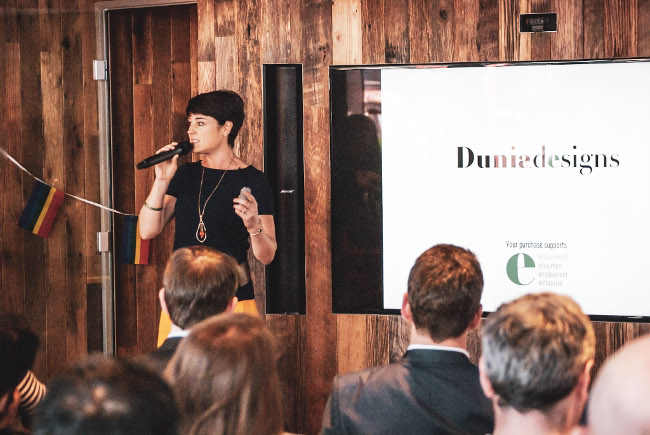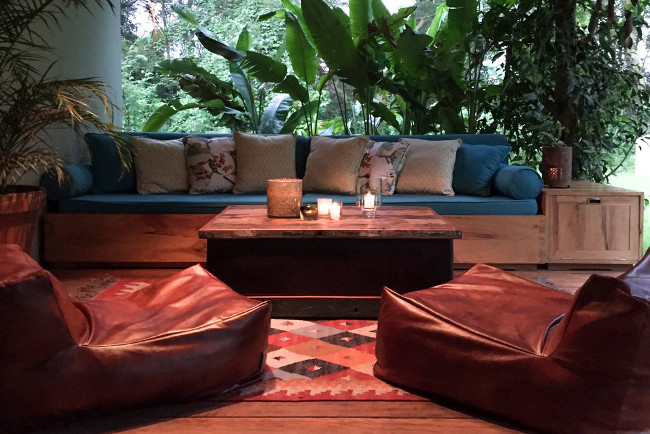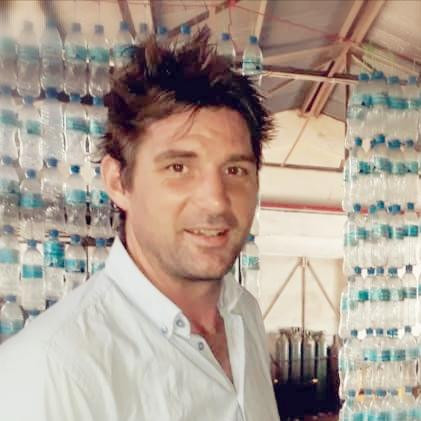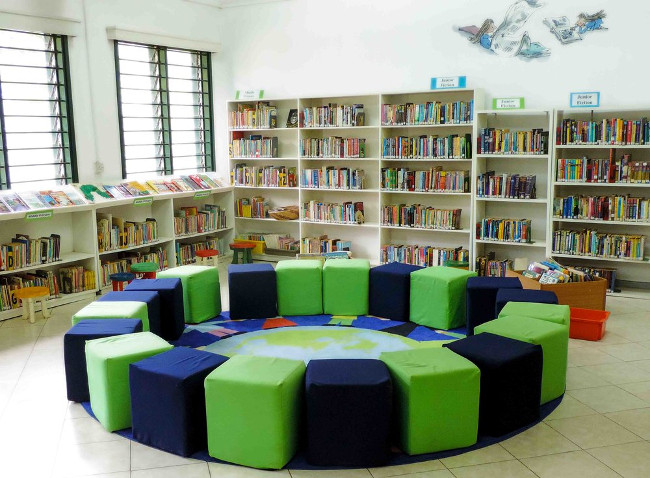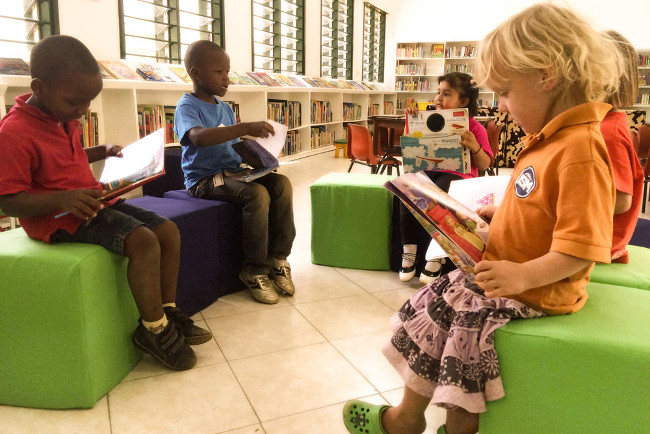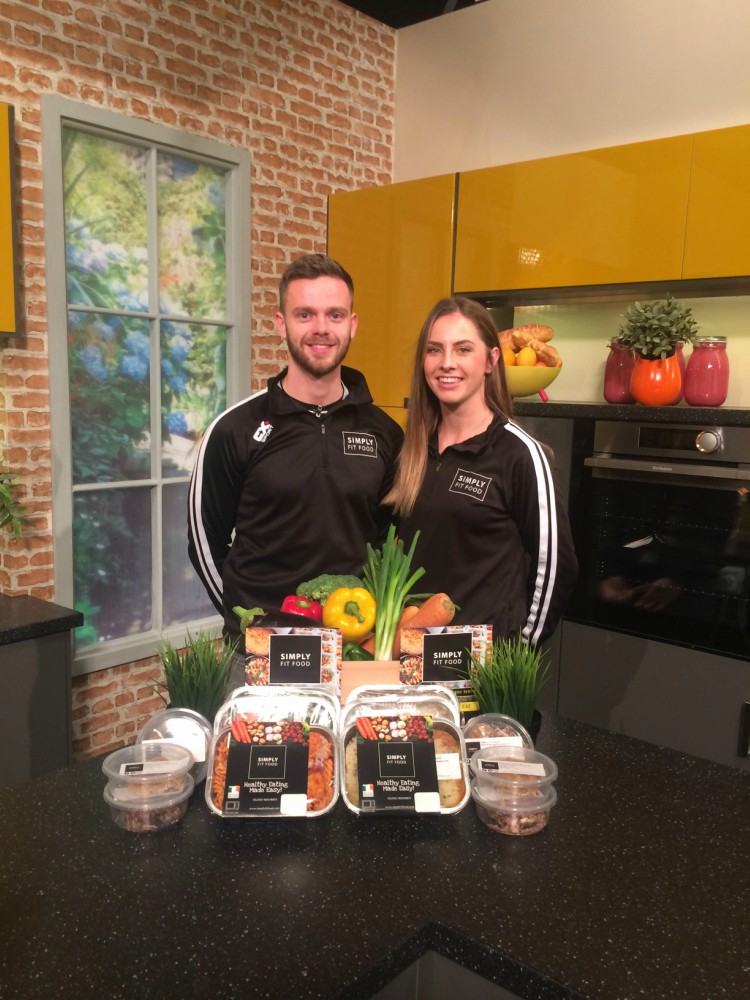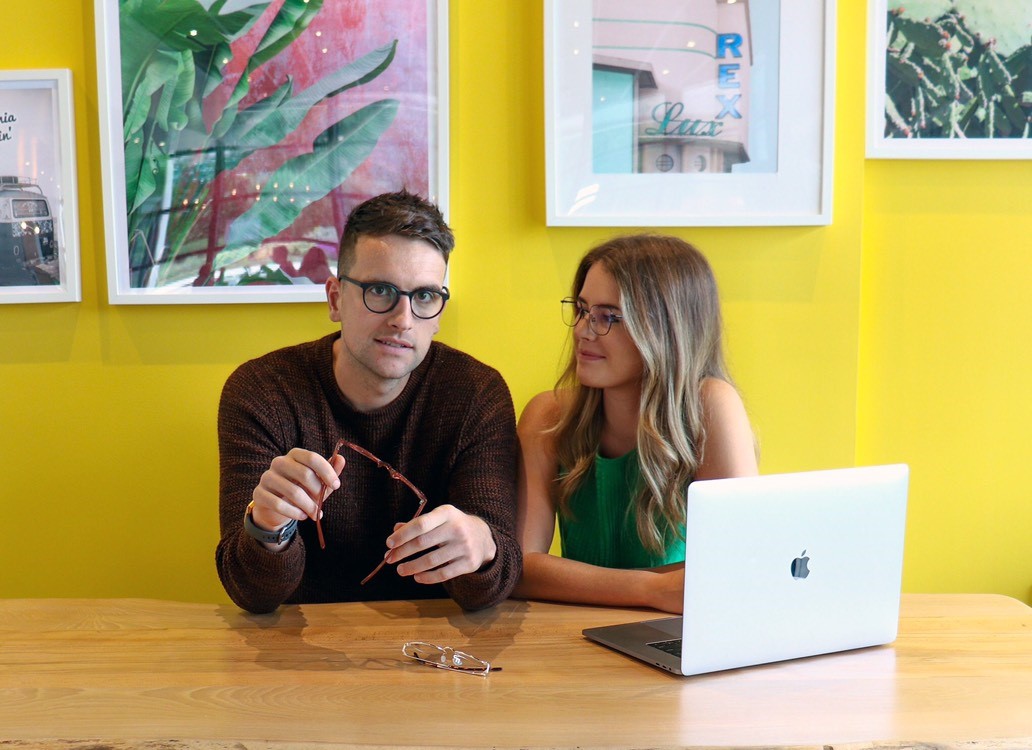Sustainable design company Dunia Designs is combating pollution on a major scale by making bespoke furniture and lifestyle pieces from recycled plastic, while providing much needed employment and education along the way.
Think Business talked with Irish expats based in Tanzania, Evanna Lyons and Alexis Cronin, about their vision to turn their company Dunia Designs into the Ikea of recycled furniture.
Lyons is a psychotherapist from Meath who also works at the local hospital and Cronin is an architect from Cork.
Why did you set up Dunia Designs?
Evanna: I worked for ten years as a mental health practitioner and believe that the care of our environment is at the core of our wellbeing. From a young age, I couldn’t fathom what happened to all the waste from supermarkets.
“We are the first company in the world to produce such a comprehensive product range, from handbags to couches to decking from recycled plastic waste.”
Nowhere is that waste more visible than on the streets, beaches and waterways of East Africa, where I first dared my now business partner, Alexis to design something desirable out of it, imperceptible from conventionally made furniture. He stepped up to the mark!
What makes Dunia Designs stand out?
Evanna: There are many furniture companies that use recycled materials, environmental NGOs working to end plastics pollution and provide education and employment in developing countries. Dunia Designs’ truly unique selling proposition is that we combine all of these efforts into one commercial, sustainable, viable social enterprise. We are the first company in the world to produce such a comprehensive product range from handbags to couches to decking from recycled plastic waste
What obstacles did you meet when setting up and how did you overcome them?
Alexis: The current government is very unpredictable, and has closed down lots of NGOs, social enterprises and businesses. It has become increasingly difficult to obtain visa and residence permits. Business taxes have increased; a rogue police presence is rife and there is a general feeling of insecurity here. Despite this, we have persevered, as demand for our products and educational tours have continued.
“Our vision is to create a world filled with wood-free furniture, where recycled plastic has taken its place.”
Evanna: At the very beginning, Alexis and I ran the business purely on our own private wages from counselling and architectural work, says Evanna, until we started to make a profit, which we then put back into the business. We never allowed our lack of physical workshop space, income or visa insecurity to deter us or leave staff wages or overheads unpaid. We sought out supports, businesses and other leaders here to advocate for our idea and it is now legitimately going strong, a viable, successful enterprise
What achievements are you most proud of?
Alexis: Being invited delegates to the UN environment assembly in Nairobi this year to talk about what we do was a definite highlight. Being guest facilitators for TED X Arusha and kitting out the conference with all their signage and furniture with our recycled plastic products was another high point.
By the end of 2019, we will have collected 1,100 metric tonnes of plastic waste. We have reduced CO2 emissions of 130,000 kg’s per annum. By supporting forest conservation, we are saving over 7,000 trees per annum. We have accomplished this utilising only one medium capacity Greenwood output machine.
In the next five years, our vision sees us grow this model, running a minimum of 10 of these machines throughout East African. Our sales figures of over €400,000 in the last four years shows a viable business model and therefore improved circular economy.
How have you grown as a company and as individuals since starting Dunia Designs?
Evanna: Becoming business-savvy, pushing boundaries, like having to do talks and conferences and having to be ‘bigger’ than we feel, have all been learning curves. Being the ‘go-to’ people on plastic, learning on our feet about design, business, plastics, management, sales, accounts, recruitment, leadership, funding and investment has been very exciting.
Learning to take every opportunity that comes your way and the importance of kindness towards staff and partners in business. There’s room for compassion and empathy in commerce it turns out! We have learned to try and try and try and trust in the face of failing over and over again but picking yourself up and keeping on.We have learned when to delegate and outsource and to know when you’re burnt out and when to stop and take a break.
Can you tell us about the educational element of Dunia Designs?
Alexis: Dunia Designs’ philosophy is to teach and raise environmental awareness through education and design. Through the profit we earn, we help children, teenagers and adults return to primary, secondary and third level education. We run teaching programmes in schools and businesses, teaching about the damage that plastic pollution can cause our seas, water sources and the ozone, if it is not recycled or reused effectively.
What is your vision for the company going forward?
Evanna: We want to reinvent how people build and furnish their homes, by providing access to environmentally friendly, high- quality, stylish products and promote a circular economy.
Our ‘4 E’ branding seeks to look after the environment, employment, education and enterprise. When the commercial end (namely up- cycled plastic furniture) of our company and the accompanying innovation centre grows, we can successfully fund many of the philanthropic ideas we have envisaged from day one.
We aim to sell our products in best-suited locations globally that have established recycling plants and a healthy retail market. We’ll be a for-profit philanthropic business, returning profits to conservation and education projects in low-income countries most affected by plastic pollution.
Our vision is to create a world filled with wood-free furniture, where recycled plastic has taken its place.
Click here to take your business to the next level
Interview by Olivia McGill
Published: 27 August, 2019

